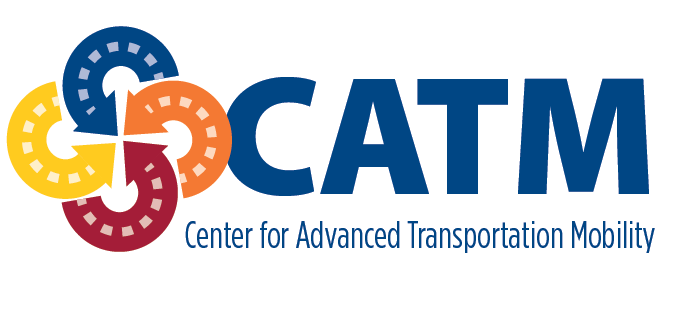A Personalized Trip Planner For Vulnerable Road Users
Document Type
Article
Publication Date
2-2019
Abstract
This research presents an adaptive and personalized routing model that enables individuals with disabilities to save their route preferences to a mobility assistant platform. The proactive approach based on anticipated user need accommodates vulnerable road users’ personalized optimum dynamic routing rather than a reactive approach passively awaiting input. Most of the currently available trip planners target the general public’s use of simpler route options prioritized based on static road characteristics. These static normative approaches are only satisfactory when conditions of intermediate intersections in the network are consistent, a constant rate of change occurs per each change of the segment condition, and the same fixed routes are valid every day regardless of the user preference. In this study, we model the vulnerable road user mobility problem by accommodating personalized preferences changing by time, sidewalk segment traversability, and the interaction between sidewalk factors and weather conditions for each segment contributing to a path choice. The developed reinforcement learning solution presents a lower average cost of personalized, accessible, and optimal path choices in various trip scenarios and superior to traditional shortest path algorithms (e.g., Dijkstra) with static and dynamic extensions.
Recommended Citation
Park, Hyoshin John, "A Personalized Trip Planner For Vulnerable Road Users" (2019). Center for Advanced Transportation Mobility. 8.
https://digital.library.ncat.edu/catm/8
VRUPOD Final Report
Sidewalk_Inventory-boston.csv (6190 kB)
Sidewalk Inventory


